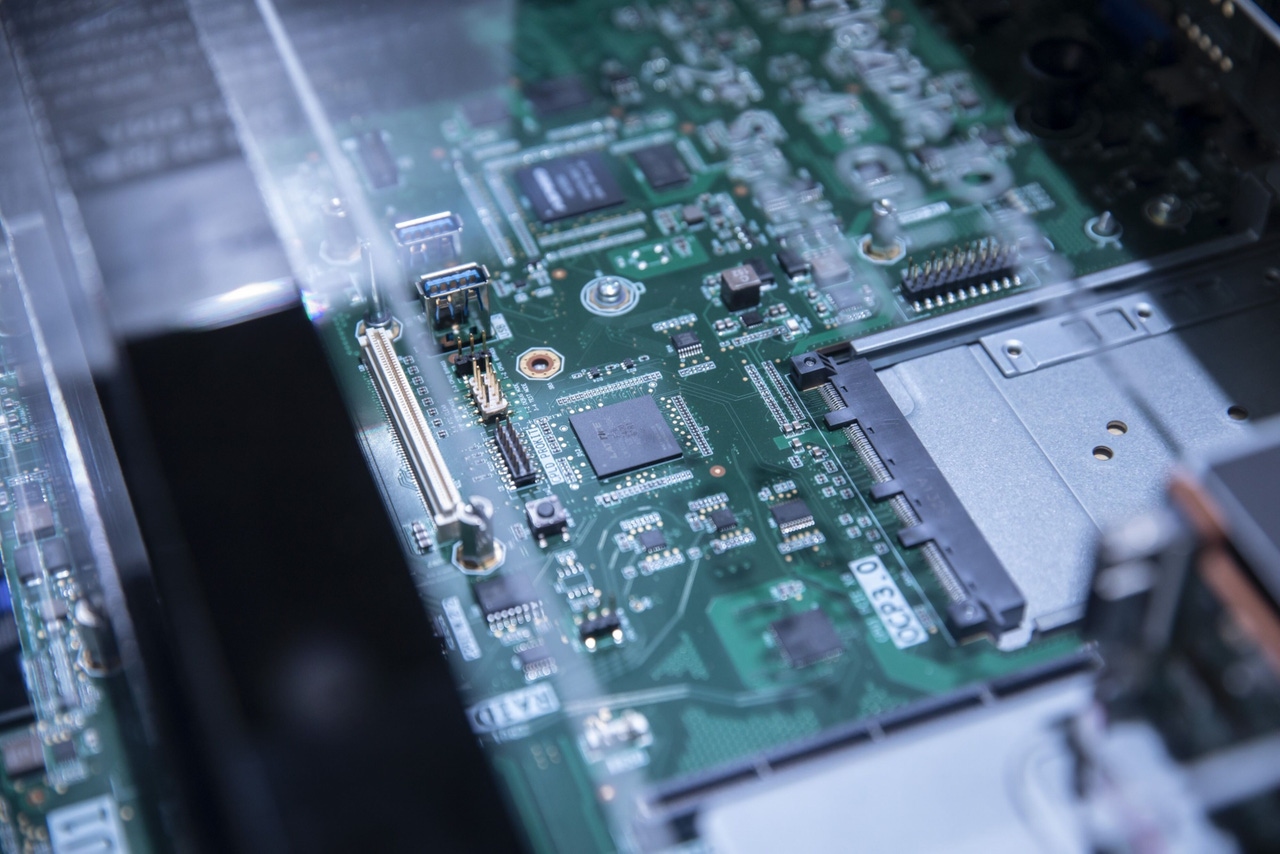AMD Hits US Roadblock in Selling AI Chip Tailored for ChinaAMD Hits US Roadblock in Selling AI Chip Tailored for China
The US has been working to limit Chinese access to cutting-edge semiconductors that can develop AI models. AMD is the latest chipmaker to be affected by the policy.
March 5, 2024

(Bloomberg) -- US officials have told Advanced Micro Devices Inc. that the artificial intelligence chip it tailored for the Chinese market is too powerful to sell without a license, ensnaring another American semiconductor company in Washington’s crackdown on exports of advanced technologies.
AMD had hoped to gain a green light from the Commerce Department to sell the AI processor to Chinese customers since it performs at a lower level than what the company sells outside of China, according to people familiar with the situation, who asked not to be identified because the matter is private. But US officials told AMD it must still obtain a license from Commerce’s Bureau of Industry and Security in order to sell it, the people said.
AMD didn’t have a comment and it’s unclear whether the company is seeking a license. The Bureau of Industry and Security declined to comment. AMD shares were down 2.2% as markets opened in New York on Tuesday.
California rival Nvidia Corp. has also been continually downgrading its powerful AI chips destined for China in an attempt to pass muster with US officials — and their ever-tightening restrictions on chips — as Washington seeks to constrain one of its biggest geopolitical rivals.
The US has been working to limit Chinese access to cutting-edge semiconductors that can develop AI models — and the tools used to manufacture those chips — out of fear that Beijing will gain a military edge. President Joe Biden’s administration unveiled an initial set of export controls in 2022 and strengthened them last October to include more technology and curb sales to intermediary nations that might undermine the ban.
The tighter controls restricted the sale of a processor that Nvidia had designed specifically for China — in compliance with the initial 2022 version of the export rules. The company has since developed new customized, less-powerful products for the Chinese market to align with the 2023 restrictions, and Commerce Secretary Gina Raimondo has said that she is looking into the specifics of those components.
The 2022 US ban prevented both Nvidia and AMD from selling their most powerful AI chips to China, forcing them to find workarounds. Nvidia immediately responded with a reduced-performance modified model, whereas AMD hasn’t publicly discussed its efforts to develop a new AI processor for the country.
AMD had less of a foothold in the Chinese AI chip industry than Nvidia, which had a large share of that market prior to the ban. When the restrictions took effect in 2022, AMD said it didn’t expect to be materially affected by the rules.
But AMD is now going after the AI chip market more aggressively. In December, it launched a new MI300 lineup that will challenge processors from Nvidia. The China-tailored product has been referred to as MI309, according to the people. It’s not clear which Chinese customer was trying to buy the AMD AI chips. That factor could influence whether the company is able to secure a license, should the chipmaker choose to move forward.
Leading Chinese tech firms, including Tencent Holdings Ltd. and Baidu Inc., have said they have stockpiled enough powerful chips from Nvidia — the types that are now subject to US controls — to advance their chatbots’ capabilities for another year or two.
Meanwhile, Shenzhen-based Huawei Technologies Co. is developing its own AI semiconductors and chipmaking capability that could eventually help Chinese companies fill the gap created by the US ban.
Read more about:
Asia-PacificAbout the Author
You May Also Like









